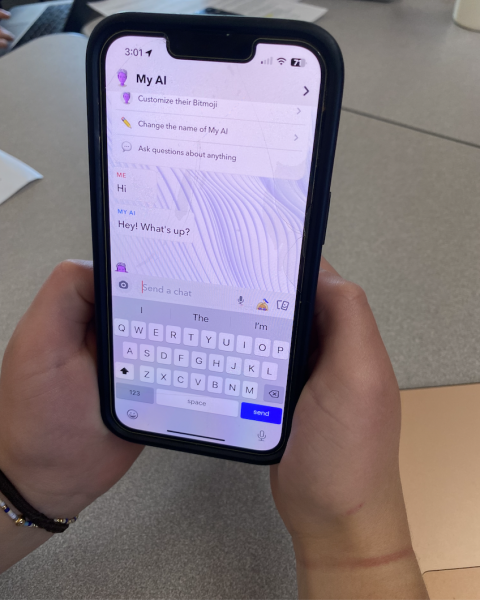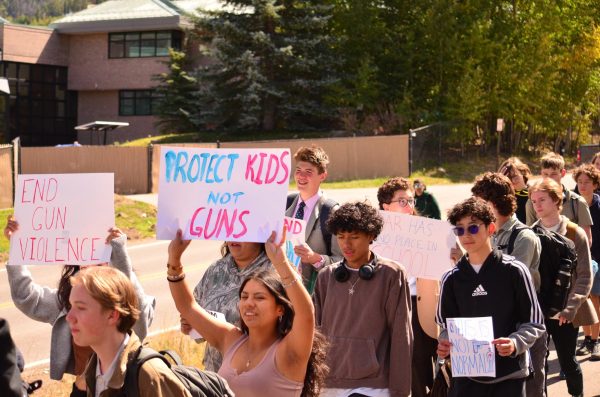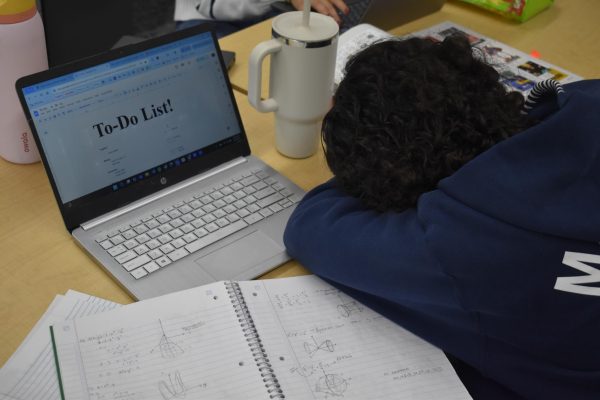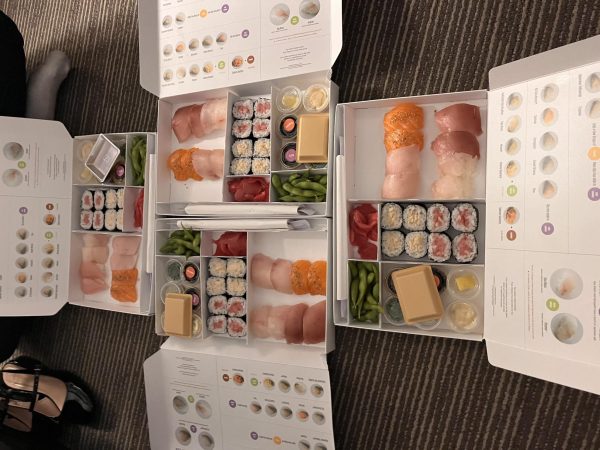The Attachment to GPA
We, as students, assign a number to our name, and for four years a majority of our decisions are based on how what we do will affect our number. The premise of our decision making is based on our number going up or falling down, yet at the end of our four years, students look back through a bittersweet lens and question whether if it was all worth it, or if things might have been different had they tossed the attachment to GPA and followed their passions.
The attachment to GPA is a less prevalent issue in the first two years of high school, but as students grow older and come closer to graduating, the concern for this number becomes a pressing issue that is viewed as the gateway to an elite college. School becomes more about, “What will get me into college?” rather than “What do I want to try? What do I want to see if I like?”
Classes that offer unique curricula, like Model UN, Student Senate, Journalism, OAM [oceanography, astronomy, and meteorology], and various theater and art classes, are often not first-choice classes for the sole reason that they are un-weighted and can decrease GPAs. It is rare that these classes are at capacity because underclassmen have prerequisites to fulfill in order to graduate, and upperclassmen are hesitant to take these courses because of the potential decrease to their GPAs.
Because of the difference in weight that occurs between IB/AP and non-IB/AP classes, students that are taking full IB Diploma (fully weighted) run the risk of decreasing their GPAs because non-IB/AP courses (not weighted) are on a different scale. IB/AP courses are weighted with a 5.0, whereas un-weighted classes are on a traditional 4.0 scale.
Senior Megan Hanson can attest to this problem, as she is facing it right now. Hanson chose to begin the IB program her sophomore year, in which she took IB Mathematics and IB Physics. By the time that she was a junior, she was in the first year of the majority of her IB classes, but for math and physics, she was in her second. Although her choice to enroll early in IB classes immediately excluded her from being an IB Diploma candidate (the IB Diploma must be completed in two years), she has since been able to take AP Calculus and fill her other periods with un-weighted classes. Because Hanson also participates in many extracurricular activities including Student Senate and Model UN classes held outside of school hours still account for a grade, she will suffer from an even larger deficit from GPA scale issues than many others in her grade.
“I am thinking about asking my teachers [for Student Senate and Model UN] to not grade me in the class, and instead just give me a pass/fail grade. I would tell them that I would still do all of the work, but I just don’t want to be graded because it will lower my GPA,” Hanson said of her un-weighted extracurricular classes.
Juniors and seniors have chosen to completely opt out of un-weighted classes because of the decimating impact that they believe these courses will have on their GPAs.
Although in high school GPAs, SATs and ACTs, and grades in general are significant factors in deciding where to go for college, they should not mean the world to the students. They should be important and prioritized to an extent, but there comes a point when students must ask themselves, “Am I doing this because I have an interest in it, or I am doing this because it will look good for colleges?” If students find themselves answering yes to the latter part of that question, they have reached the point where they should toss the attachment to their number and experience something interesting and new.

Mackenzie was born in Aspen, Colorado, and is the fourth generation of her family to be born in the city. She participates in three sports throughout the...





























